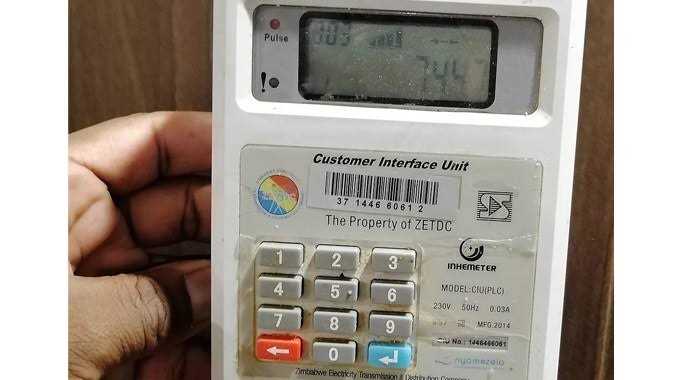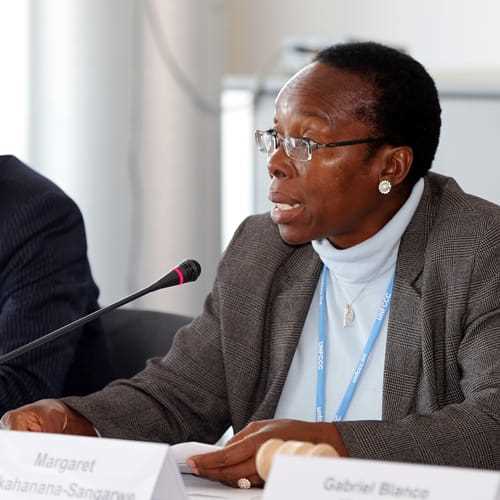
Nyashadzashe Ndoro – Chief Reporter
In a country where hospitals beg for bandages and boreholes cough up dust, the Treasury cannot explain where nearly US$597 million went. That’s the damning verdict from the Auditor General’s 2024 report—a catalogue of ghost payments, vanishing assets, and ministries fumbling with taxpayers’ money.
The Case of the Disappearing Cash
"Direct payments amounting to US$1 986 391 797 were made to service providers on behalf of the Ministries, Departments, and Agencies (MDAs) by Treasury during the 2024 financial year."
"However, MDAs accounted for US$1 388 673 713, leaving a balance of US$597 718 082 as of June 18, 2025. In some instances, the payments were not uploaded onto the PFMS. MDA's expenditure was understated by the direct payments," the Auditor General noted.
This translates to a declaration that Treasury made direct payments of almost US$2 billion to suppliers on behalf of ministries. Yet, when the books were opened, only US$1.38 billion could be traced. The balance—US$597,718,082—remains unaccounted for.
That sum alone could:
- Build 50 fully equipped district hospitals.
- Sink 10,000 boreholes in drought-stricken villages.
- Keep every child in Zimbabwe in textbooks for years.
Instead, it’s floating in bureaucratic limbo.
The audit shows ministries bungled their budgets—21% of funds went unused, even as others overspent.
In practice, it means funds for clinics remained untouched while hospitals used cardboard boxes to strap up limbs of road crash survivors.
Digitalisation failure
For almost five months in 2024, the Public Financial Management System—the government’s digital accounting backbone—was offline. Ministries scribbled checks and logged deals outside the system. Many transactions were never uploaded. Translation: the country ran a multi-billion-dollar economy with the record-keeping rigor of a tuck shop.
Related Stories
Ghost Fleets and Phantom Assets
Non-delivery remains the hallmark of state procurement:
- 40 vehicles, 17 fire trucks, 83 desktops, 75 laptops, and furniture paid for as far back as 2021 are still missing.
- Some ministries cannot even trace what they own, as they have no coherent asset registers.
Citizens paid for fire trucks that could have saved millions of dollars worth of goods in Mbare and Glenview.
Local authorities
- 50 state-owned enterprises failed to submit accounts, some lagging more than three years.
- 31 entities are in financial distress, barely clinging to survival.
- Only 26 out of 92 local authorities produced up-to-date accounts. In addition to the looting and fraud allegations dogging them, many councils failed to bill residents, recover debts, or even track their own cash. No wonder garbage piles high and taps stay dry.
- 319 cases of governance issues were recorded, including unsupported expenditures, unallocated deposits, and non-compliance with tax laws.
Beyond the Balance Sheet
The Auditor General’s warning is blunt: unless Parliament acts, Zimbabwe risks hollowing out its governance reforms and service delivery promises.
"The issues I have raised, if not addressed, service delivery, achievement of mandates, and efforts made to enhance transparency and accountability through the various instruments that had been put in place, such as the Public Entities Corporate Governance Act [Chapter 10:31], the Public Procurement and Disposal of Public Assets Act [Chapter 22:23], and the Public Finance Management Act [Chapter 22:19], may be compromised.
For years the Auditor General’s report has been ignored and brushed aside by the powers that be. The latest one warns about such behavior and urges the responsible authorities to tackle the issues head-on:
"This report enables Parliament and those charged with public sector governance to discharge their oversight responsibilities in addressing audit findings. Therefore, the report helps in building public trust in government institutions, resulting in contributing to a stable economic environment and the achievement of national development goals.
"Those charged with governance and management are urged to pay attention to the audit findings so as to address them and improve transparency, accountability, good corporate governance, and service delivery," the Auditor General stated.




















Leave Comments